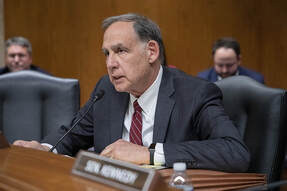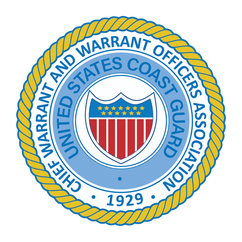|
By: Jackson Bouler, CWOA Intern  A Congressional hearing held on October 25, 2023, examined the leadership and accountability issues within the Department of Veterans Affairs (VA) and proposed legislative solutions. The Congressional hearing that took place on October 25, 2023, regarding various aspects of the Veteran Affairs' (VA) lapses in leadership and accountability, and how to remedy these issues. Jon Tester, a Democrat Senator from Montana and Chairman of the Senate Veterans' Affairs Committee, highlighted the abuses from the VA and how his bipartisan Leadership, Engagement, Accountability, and Development (LEAD) Act would help solve these issues. Notes on: STATEMENT OF TRACEY THERIT, CHIEF HUMAN CAPITAL OFFICER, OFFICE OF HUMAN RESOURCES AND ADMINISTRATION/OPERATIONS The statement made before the Committee primarily focuses on the Department of Veterans Affairs (VA) and its approach to employee and organizational accountability, labor-management relationships, workforce management, and accountability regarding workplace misconduct and performance issues. It highlights the discussion of two proposed acts: the Leadership, Engagement, Accountability, and Development (LEAD) Act of 2023 and the Restore VA Accountability Act of 2023. The testimony emphasizes the commitment of VA to providing world-class care to veterans, exemplified by a story of an employee, Bill Barksdale, who went above and beyond to assist a homeless veteran in need, showcasing the dedication of VA staff. It outlines the challenges faced by VA in employee accountability due to limitations and legal constraints, particularly regarding the VA Accountability and Whistleblower Protection Act of 2017 (section 714), with legal rulings narrowing its applicability to only a small portion of the VA workforce. Regarding the proposed Restore VA Accountability Act of 2023 (S. 2158), VA expresses that its existing authorities are sufficient to hold employees accountable and does not support the proposed act due to legal concerns, potential litigation, and past experiences with the existing authorities. However, VA generally supports the LEAD Act of 2023 (S. 2679) to enhance accountability and oversight at VA, with recommendations for amendments to ensure clarity, legal sufficiency, and effective implementation. The testimony discusses specific provisions of the LEAD Act that VA supports, along with suggestions for adjustments and estimated costs for implementation. The statement also delves into details about sections of the LEAD Act, discussing the Office of Transparency, Engagement, Accountability, and Management (TEAM Office), oversight visits to medical facilities, the Office of the Medical Inspector, and the establishment of a mobile temporary staffing program. Furthermore, the testimony elaborates on VA's stance on proposed provisions and amendments, emphasizing the importance of maintaining a positive and collaborative labor-management relationship, preserving employee rights, and improving hiring and workforce management. It concludes by addressing an AFGE settlement agreement issue, clarifying VA's position on the settlement and the legal intricacies surrounding the bargaining impact and implementation of employee disciplinary authority. Overall, the testimony discusses the complexities of employee accountability, legal constraints, and the potential impact of proposed legislation on VA's operations, emphasizing the need for clear, effective, and legally sound measures to ensure the best care and services for veterans.
0 Comments
Leave a Reply. |
AuthorThe views expressed in the articles in this publication are solely those of the authors. They do not necessarily reflect the opinions of the organizations for which they work, CWOAUSCG, the U.S. Coast Guard, the Department of Defense, the Department of Homeland Security, or the U.S. government. Archives
June 2024
Categories
All
|

 RSS Feed
RSS Feed
